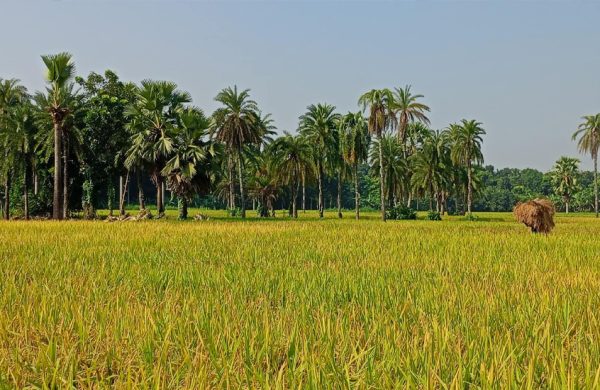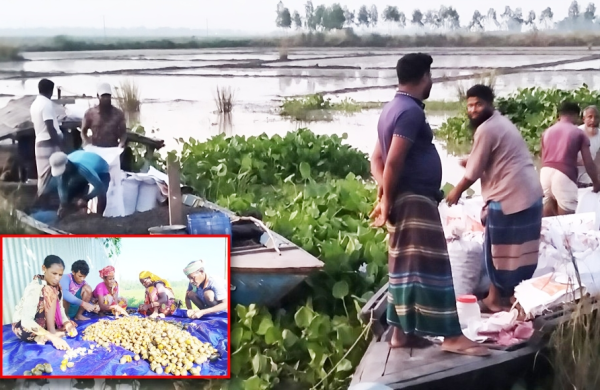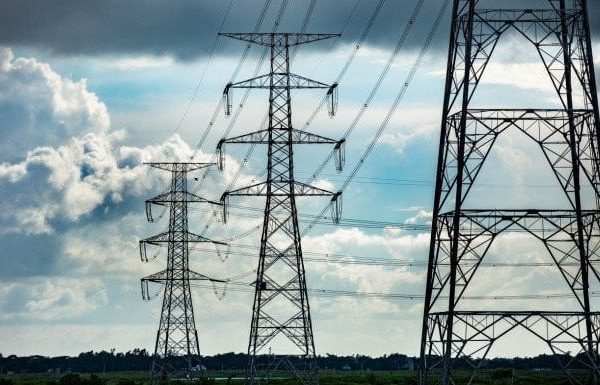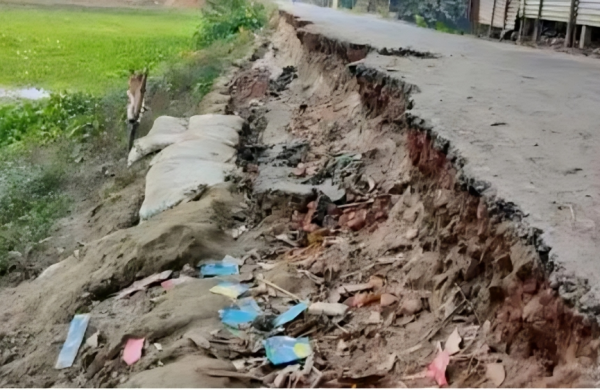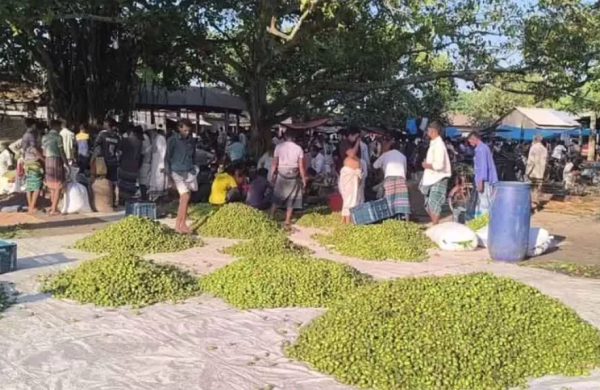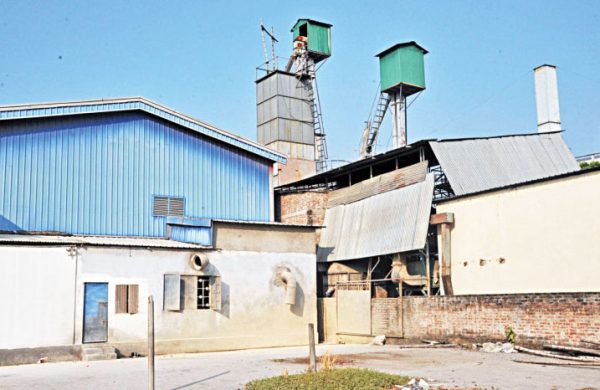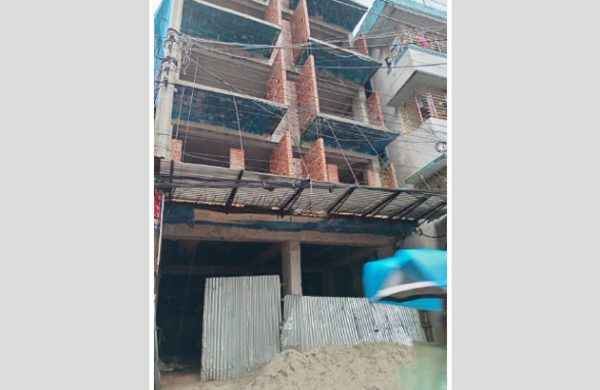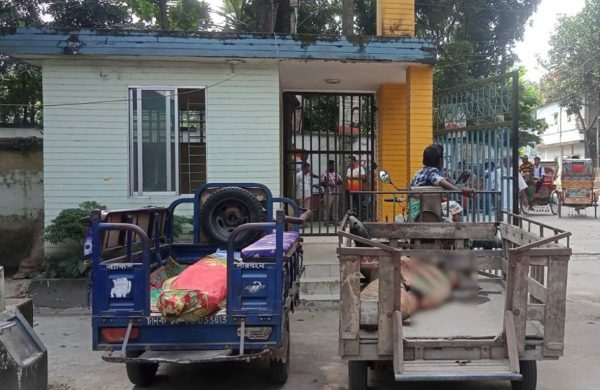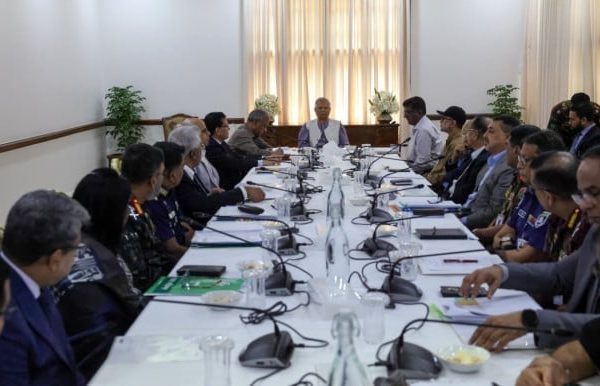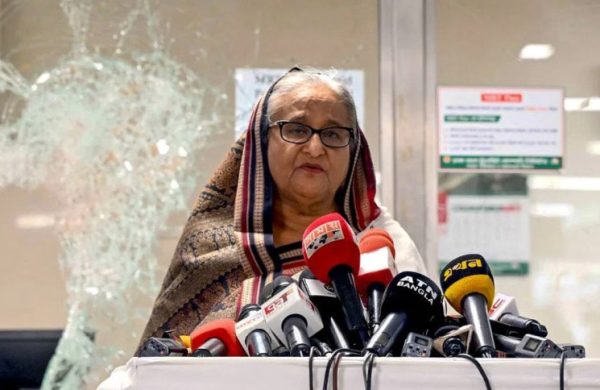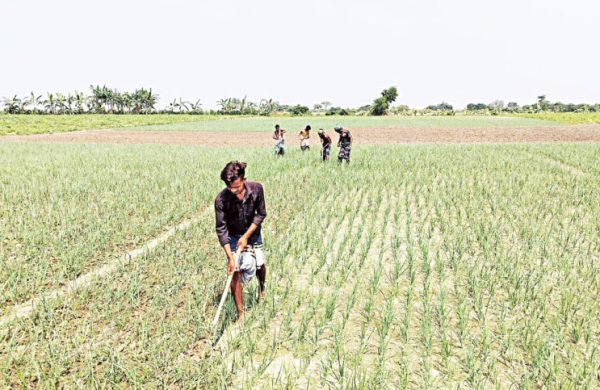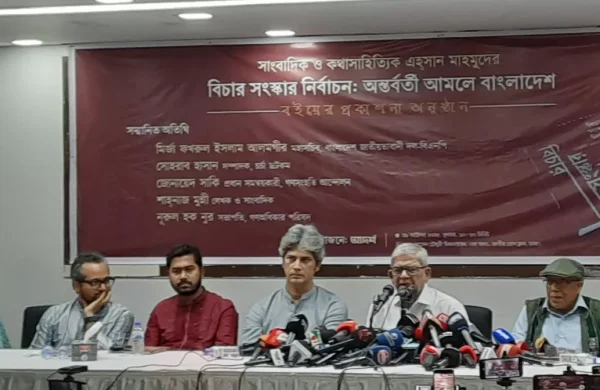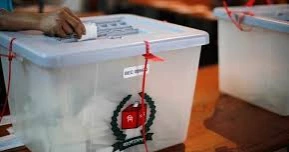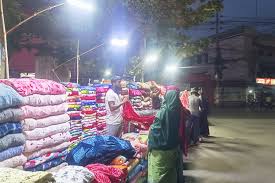CA Yunus begins hectic 2nd day in Davos with 14 meetings lined up
- Update Time : Wednesday, January 22, 2025
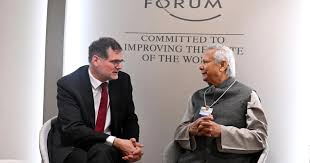
TDS Desk:
Chief Adviser Prof Muhammad Yunus began a hectic second day at the World Economic Forum (WEF) on Wednesday, with a packed schedule of at least 14 meetings planned as part of his extensive engagements with global leaders.
Dr Yunus had his first meeting with the Head of the Federal Chancellery and Federal Minister for Special Tasks, Federal Chancellery of Germany, Wolfgang Schmidt, Chief Adviser’s Deputy Press Secretary Abul Kalam Azad Majumder.
Principal Coordinator on SDGs Affairs Lamiya Morshed and Secretary (West) M Riaz Hamidullah were, among others, present at the meeting held on the sidelines of the WEF annual meeting.
The Chief Adviser also held separate meetings with King Philippe, Kingdom of Belgium, and Paetongtarn Shinawatra, Prime Minister of Thailand, on the sidelines of the World Economic Forum, DPS Azad said.
Meeting with Sheikha Latifa Bint Mohammed bin Rashid Al Maktoum, Chairperson of Dubai Culture and Arts Authority, United Arab Emirates, is among the key engagements of Dr Yunus scheduled for (Wednesday).
Dr Yunus arrived here on Tuesday afternoon to attend the annual meeting of the World Economic Forum (WEF) in Davos and had six meetings with the global leaders since his arrival.
Earlier, Permanent Representative of Bangladesh to the UN in Geneva Ambassador Tareq Md Ariful Islam received the Chief Adviser at the Zurich International Airport upon his arrival.
Chief Adviser’s Special Envoy on International Affairs Lutfey Siddiqi, Principal Coordinator on SDGs Affairs (Senior Secretary) Lamiya Morshed, Chief Adviser’s Press Secretary Shafiqul Alam and Secretary (West) M Riaz Hamidullah are, among others, accompany Dr Yunus.
The annual meeting 2025 brought global leaders to address key global and regional challenges.
These include responding to geopolitical shocks, stimulating growth to improve living standards, and stewarding just and inclusive energy transition.
This year’s meeting convened under the theme ‘Collaboration for the Intelligent Age’ and the programme will be oriented around five distinct but highly interconnected thematic priorities:
The meeting brings together nearly 3,000 leaders from over 130 countries, and 350 governmental leaders, including 60 heads of states and governments, from all key regions.


